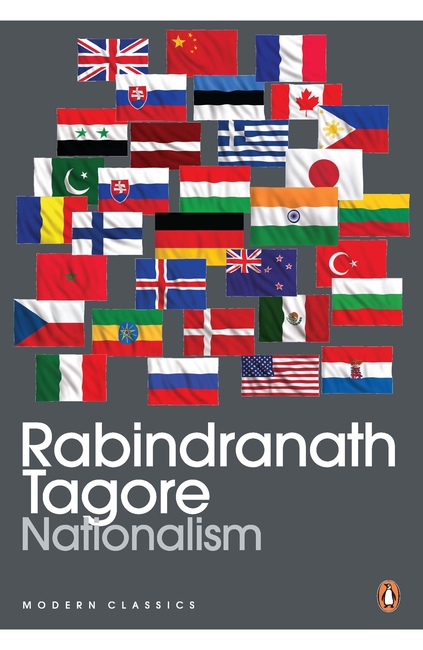
Rabindranath Tagore (1861-1941) was the first Asian to win a Nobel Prize. Nationalism is based on lectures delivered by him during the First World War. While the nations of Europe were doing battle, Tagore urged his audiences in Japan and the United States to eschew political aggressiveness and cultural arrogance. His mission, one might say, was to synthesize East and West, tradition and modernity. The lectures were not always well received at the time, but were chillingly prophetic. As Ramachandra Guha shows in his brilliant and erudite Introduction, it was by reading and speaking to Tagore that those founders of modern India, Gandhi and Nehru, developed a theory of nationalism that was inclusive rather than exclusive. Tagore’s Nationalism should be mandatory reading in today’s climate of xenophobia, sectarianism, violence and intolerance.
Imprint: India Penguin Modern Classics
Published: Jul/2017
ISBN: 9780143064671
Length : 156 Pages
MRP : ₹250.00
Here’s an excerpt from the introduction of Tagore’s Nationalism written by Ram Guha.
